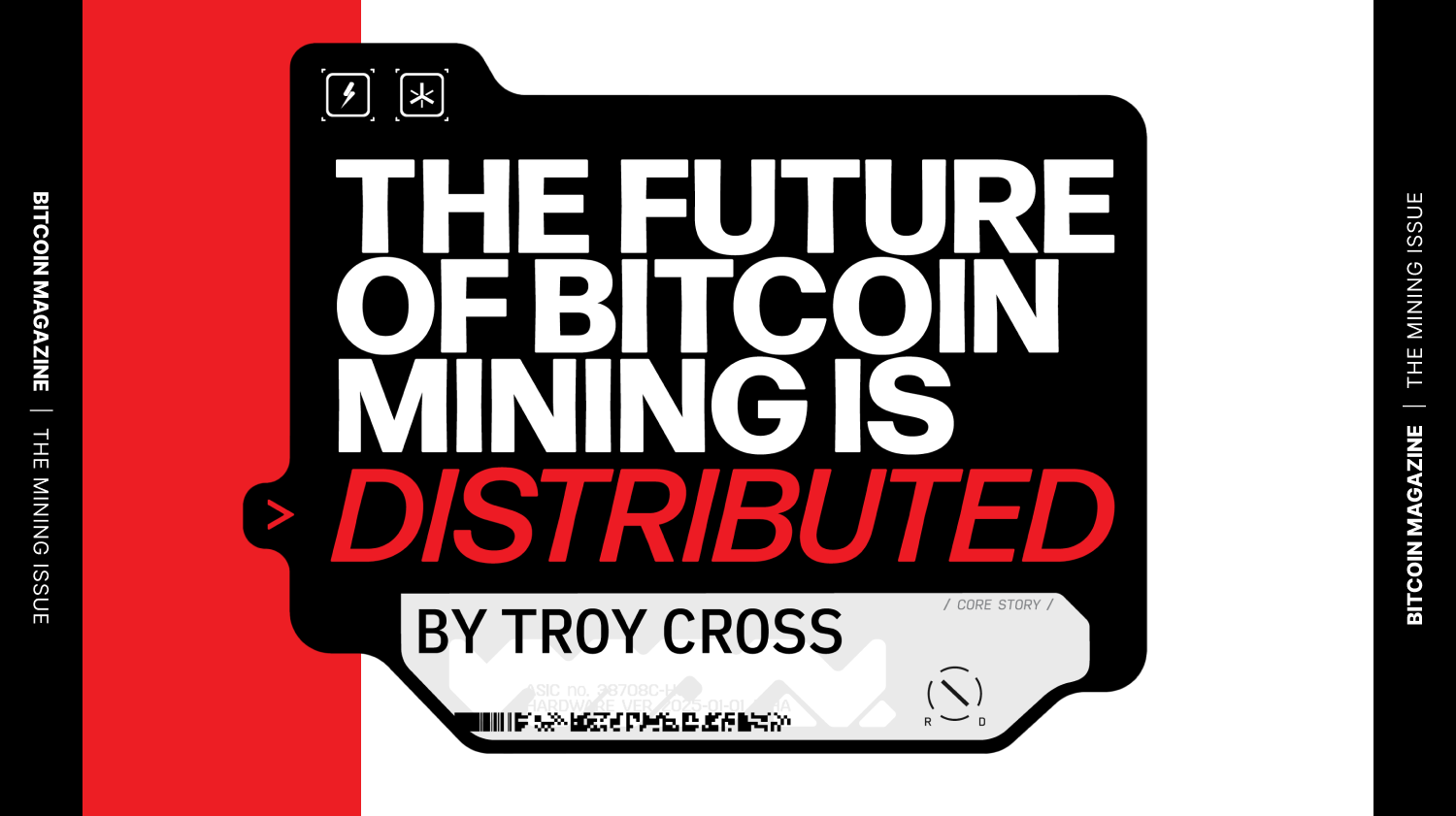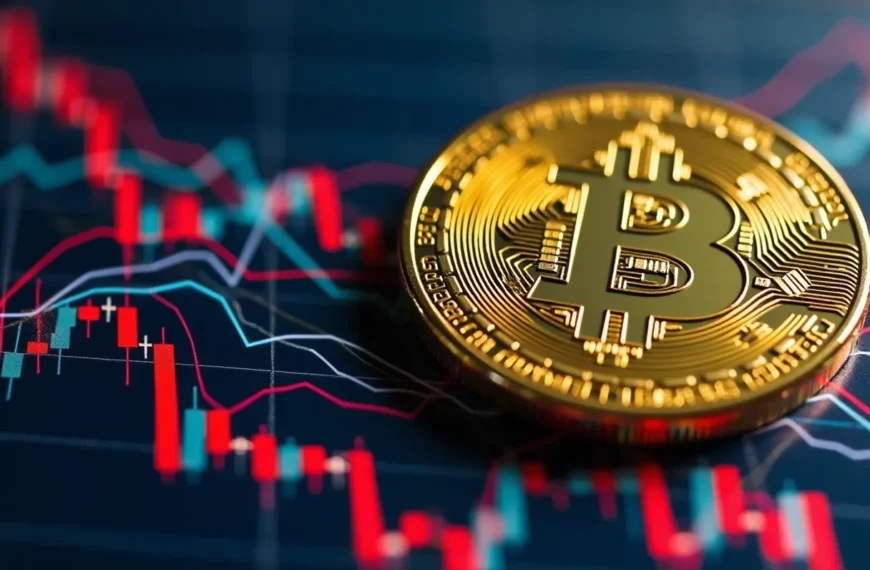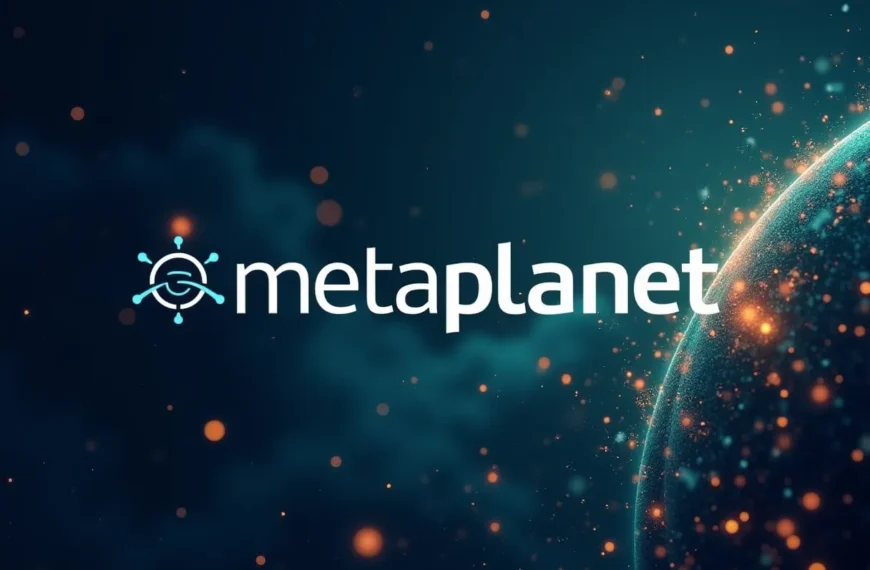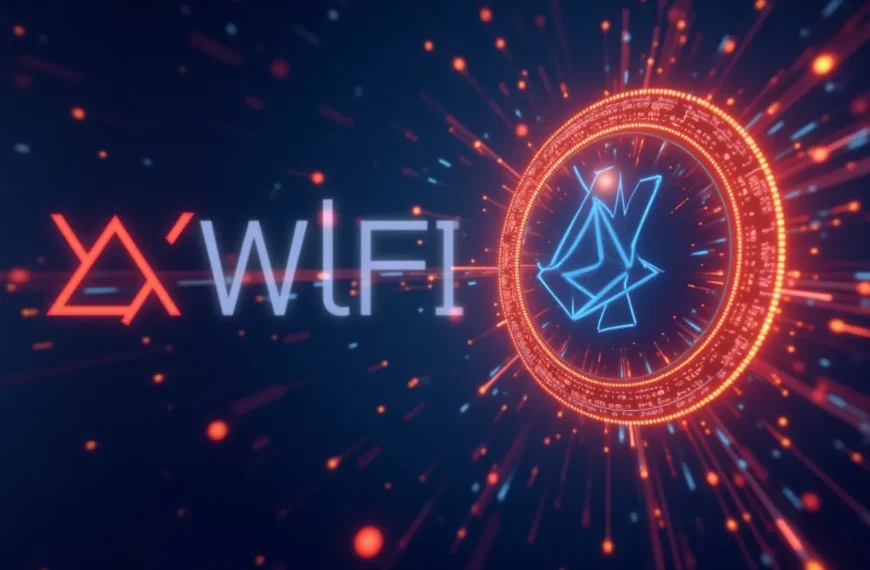Introduction to Bitcoin Mining
Bitcoin mining is an essential component of the Bitcoin ecosystem, providing security and ensuring the integrity of transactions on the blockchain. As the cryptocurrency landscape continues to evolve, so too do the methods and approaches to mining. One of the most promising trends that has emerged is the concept of distributed mining, which has the potential to reshape the future of Bitcoin mining.
The Shift Towards Distribution
In recent years, the mining industry has witnessed significant changes driven by technological advancements, regulatory developments, and the increasing demand for sustainability. The traditional model of centralized mining operations, often dominated by a handful of large players, is being challenged by the idea of distribution.
What is Distributed Mining?
Distributed mining refers to the practice of decentralizing the mining process, allowing multiple individuals or entities to participate in mining activities without relying on a central authority or large mining farms. This approach has several key benefits:
- Increased Accessibility: Individuals can contribute to the network using their devices, lowering the barrier to entry.
- Enhanced Security: A decentralized network is less vulnerable to attacks, as there is no single point of failure.
- Environmental Sustainability: Distribution can promote the use of renewable energy sources, reducing the carbon footprint associated with mining.
Technological Innovations Driving Distribution
As the demand for Bitcoin continues to grow, so does the need for more efficient mining solutions. Several technological innovations are paving the way for a distributed mining future:
- Cloud Mining: This model allows individuals to rent mining power from remote data centers, enabling participation without the need for costly hardware.
- Mobile Mining: The advent of mobile mining applications allows users to mine Bitcoin using their smartphones, democratizing access to mining.
- Peer-to-Peer Mining Networks: These networks enable miners to collaborate and share resources, further decentralizing the mining process.
Benefits of a Distributed Mining Approach
Adopting a distributed mining approach offers numerous advantages for both miners and the broader Bitcoin ecosystem:
1. Enhanced Security
A distributed network reduces the risk of centralized attacks, such as 51% attacks, where a single entity gains control over the majority of the network’s hashing power. By spreading out mining efforts, the security of the blockchain is significantly enhanced.
2. Increased Participation
By making mining more accessible, distributed mining encourages more individuals to participate in the Bitcoin network. This increased participation can lead to greater decentralization and resilience, which are essential for the long-term success of Bitcoin.
3. Environmental Responsibility
The traditional mining model has been criticized for its environmental impact, primarily due to high energy consumption. Distributed mining can promote the use of renewable energy sources, such as solar or wind power, leading to a more sustainable mining industry.
4. Financial Inclusion
Distributed mining allows individuals from all walks of life to contribute to the Bitcoin network and potentially earn rewards for their efforts. This democratization of mining can help foster financial inclusion, particularly in regions with limited access to traditional banking services.
Challenges of Distributed Mining
While the benefits of distributed mining are significant, it is not without its challenges:
1. Network Efficiency
As the number of participants in a distributed mining network increases, maintaining network efficiency can become a concern. Coordination among miners may lead to delays in transaction processing and block validation.
2. Regulatory Hurdles
As governments and regulatory bodies continue to scrutinize cryptocurrencies, distributed mining operations may face legal challenges. Compliance with local regulations is crucial for the success of these initiatives.
3. Technological Limitations
Not all devices are capable of effectively mining Bitcoin. The need for specialized hardware and software may limit participation for some individuals, which could hinder the growth of distributed mining.
The Future of Bitcoin Mining
The future of Bitcoin mining lies in embracing distribution as a fundamental aspect of the industry. As technology continues to advance and the demand for sustainable practices grows, distributed mining will play a pivotal role in shaping the landscape.
1. Integration of Renewable Energy
The integration of renewable energy sources in mining operations will become increasingly important. Miners who utilize solar, wind, or other clean energy sources may have a competitive edge in the distributed mining space.
2. Emergence of New Business Models
As distributed mining becomes more prevalent, new business models will likely emerge. These may include decentralized mining pools, community-driven mining initiatives, and innovative revenue-sharing arrangements.
3. Enhanced Collaboration
Collaboration among miners will be essential for fostering a more decentralized network. By working together, miners can share resources, knowledge, and strategies to maximize efficiency and profitability.
Conclusion
The future of Bitcoin mining is undoubtedly heading towards a more distributed model. As the industry evolves, embracing distribution will lead to greater security, increased participation, and a more sustainable mining ecosystem. While challenges remain, the potential benefits of distributed mining cannot be overlooked. As we move forward, the success of Bitcoin mining will depend on our ability to adapt and innovate in response to the changing landscape.
The journey towards a decentralized future is just beginning, and it promises to reshape not only the mining industry but the entire cryptocurrency ecosystem.






